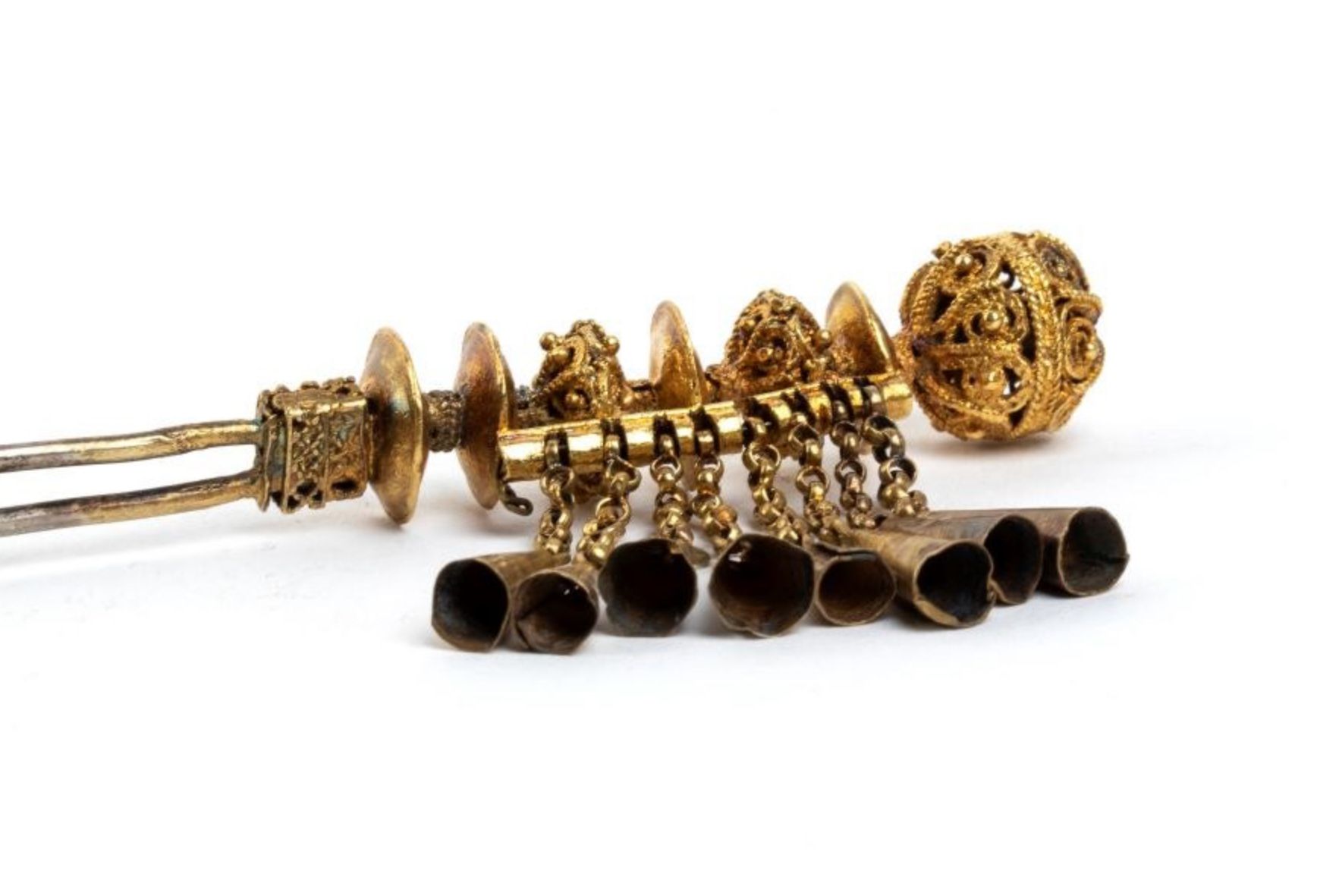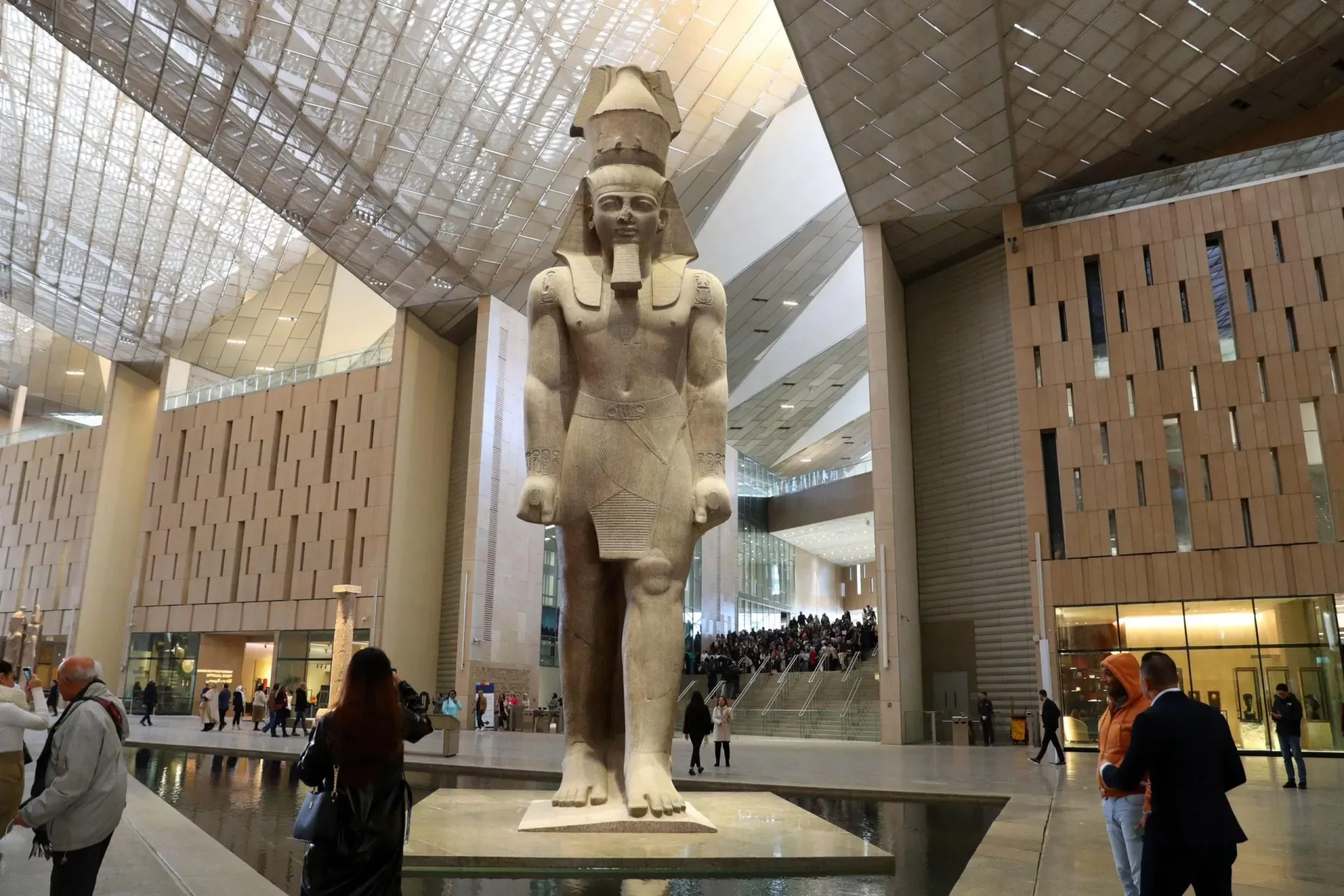Cultural Restitution
SHARE ARTICLE
For many museum trustees, there’s little they can do but turn their backs on restitution appeals - even when there are strong moral grounds for returning an object. Put simply, their own governing document may legally prevent them from returning any museum property.
But forthcoming changes in the Charities Act 2022 - changes that may have escaped the attention of these same trustees - will make it harder for them to ignore appeals where they feel a moral obligation to take action.
In his unravelling of this new Act, Alexander Herman, director at the Institute of Art & Law, points out when implemented, all trustees, including those in English and Welsh museums governed by statute, will no longer be able to apply restrictive provisions in their own governing documents to supersede these new charity powers. Herman describes this development as “remarkable”.
The new Act, designed to simplify several areas of charity regulation, follows recommendations made in 2017 by a Law Commission report. The Act was passed by Parliament in February and is expected to be implemented this autumn after Charity Commission guidance has been updated.
The Act affects museums because most museums are also charities. In fact, as charities, trustees can already apply to the Charity Commission to return objects under the existing Charities Act 2011 where they feel a strong moral obligation to do so. This is due to a provision that allows trustees to make what are called ex gratia payments. These payments don’t just refer to financial transactions, they also include transfers of charity property more generally.
But ex gratia transfers of cultural property have always been infrequent, primarily because trustees can invoke the restriction clauses in their governing documents. Up to now, these clauses have had primacy over the Charities Act.
However the new Act introduces two significant changes to the principle of transfer. Firstly, it allows trustees to make transfers of ‘lower value’ items where a moral obligation can be demonstrated - without requiring the approval of the Charity Commission. The value threshold will be dependent on the gross income of the charity (details are set out in section 331A of the new Act). Meanwhile, for the return of items that exceed this threshold, the Charity Commission, the Attorney General or a Court would still need to authorise the transfer.
But secondly and perhaps more surprisingly, the new Act also allows trustees, including the trustees of national museums governed by statute, to override restrictive clauses in their own governing document preventing the return of an object. This turns on its head a decision made by the High Court in 2005 (Attorney General v. Trustees of the British Museum). In this case, the Court was asked to consider whether trustees can circumvent the restriction on disposals in the British Museum Act 1963 using the ex gratia payment principle to return property where they perceived they had a moral obligation. The High Court was categorical they could not.
The 2017 Law Commission report reviewed this case and concluded the High Court’s decision created a false distinction between statutory charities (like national museums) and all other charities when making ex gratia payments. The Commission’s report was widely supported and, as a result, the new Act makes it clear that authorisation to transfer an object on moral grounds can be sought by statutory charities going forward.
In no way do these changes undermine the authority of trustees to make decisions about the objects in their own collections. Any decision to transfer will always remain at the discretion of trustees. But they may have the effect of placing greater responsibility on trustees to consider the importance of the moral case when reviewing whether or not to return an object to an individual or source community. How will they do this? In the past, it’s always involved a subjective judgement. Going forward, trustees will be required to make a more objective assessment, in other words, an assessment based on a ‘reasonably held belief’ that sufficient moral grounds exist to authorise an object’s return.
So, how will this turn the dial in the restitution debate? While some have suggested the new Act will give museums unprecedented power to deaccession art and repatriate objects, Herman warns it will not lead to the return of vast amounts of contested objects. He expects it will be used only rarely. However, which view will prove correct and what sort of items could benefit from the new legislation?
Trophy items in national collections such as the Parthenon sculptures, Asante gold treasures or Benin Bronzes in the British Museum are of such enormous significance to the Museum's reputation they will never meet the new test of ‘lower value’. Trustees are as unlikely to apply to the Charity Commission to return these objects under this new Charities Act as they are now.
At the same time, it's clear that an object’s financial value may have little meaning in the context of a museum’s wider brief to tell the story of civilisation. The majority of ‘lower value’ items in a museum’s collection therefore may also have an important role to play in telling the full story and, as a result, trustees may be just as unwilling to return these objects as well.
But there will always be other objects where trustees may feel a stronger moral obligation to take action, in particular where the object’s value does not exceed the new financial threshold and where its return will not damage the integrity of the museum’s collection or harm its reputation. Don't be surprised if appeals mount up once the new legislation is enacted to return objects still sacred to a living church or community, or personal objects of significance to descendants. In particular, we suspect the Act's implementation will further weaken the British Museum’s insistence on retaining its collection of eleven Ethiopian Tabots and increase pressure on them to return the Tabots to the Ethiopian Orthodox Church - where they belong. The moral case for their repatriation remains overwhelming. Expect fresh appeals for returning other objects as well when the new Act is implemented.
After this was written.....
The UK Government and the British Museum will not be conceding their right to prevent deaccessioning on moral grounds without a fight. Speaking in the House of Lords last week, Syed (Lord) Kamall, a minister in the DCMS, confirmed the Government has decided to review the introduction of these proposed legal provisions that would permit national museums in England and Wales to deaccession on moral grounds. He said "no such intent was considered, nor agreed on" when the Bill was debated in the Commons. As a result, the Government will be deferring Sections 15 and 16 in the new Charities Act, giving them time to consider the full legal implications and impact on museum collections. He added the Government had "no plans to amend" the laws that prevent restitutions from national museums.
More News



